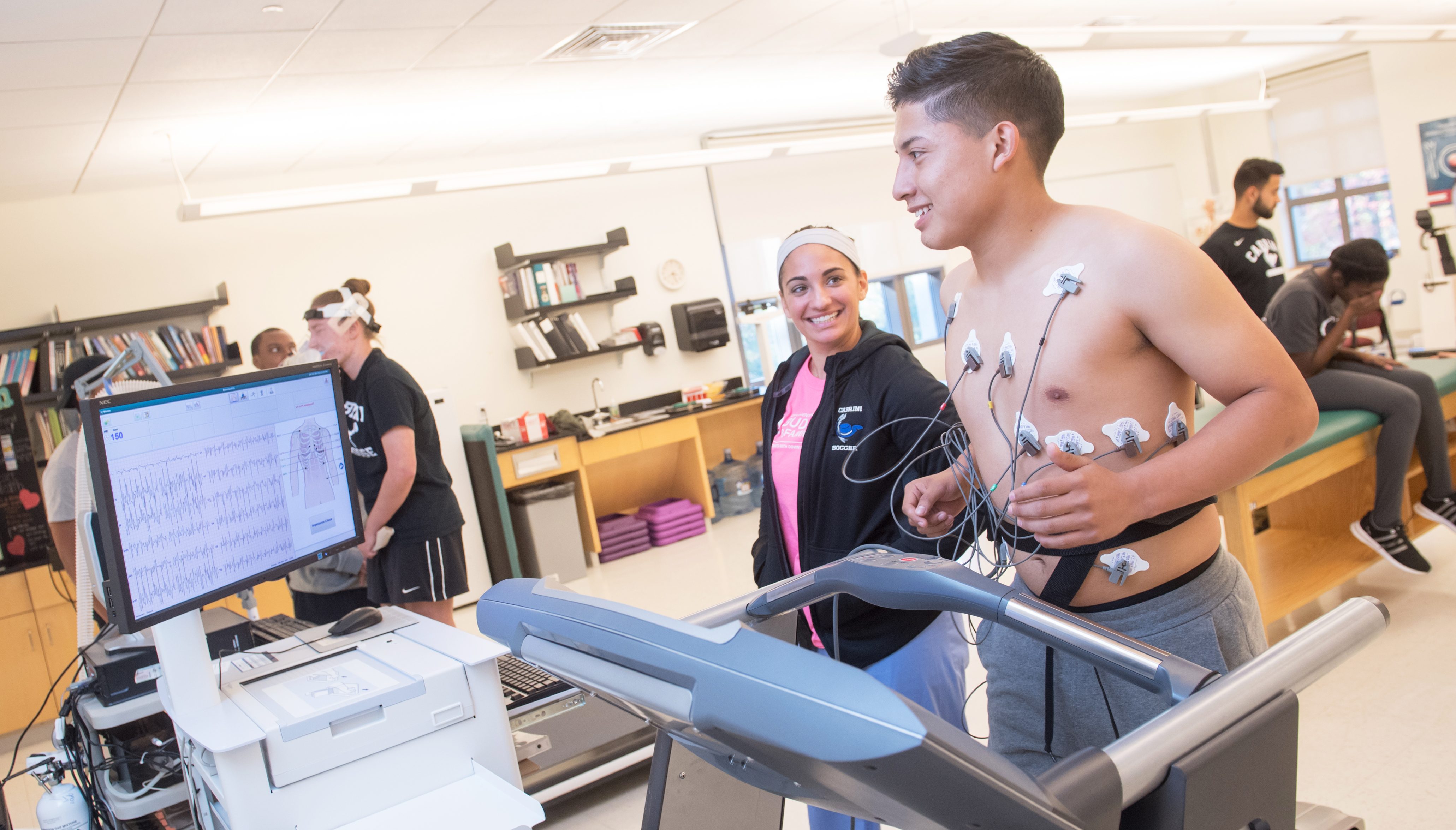
What Is Allied Health and Why Should You Care?
The increasing popularity of healthy living and the increasing population of adults 65 and older are two major factors contributing to the booming field of…
The Association of Schools of Allied Health Professions defines allied health as a broad group of healthcare professionals who diagnose, evaluate, and treat acute and chronic diseases; promote disease prevention and wellness for optimum health; and apply administration and management skills to support healthcare systems.
To boil it down, allied health professionals are people who provide healthcare but are not medical doctors or nurses. This field has a very strong job market that’s expected to grow quickly.
Allied health jobs range from hands-on medical assistance jobs to office jobs where you manage medical records or teams. Here is a sample list of careers in allied health:
RELATED CONTENT
- Athletic trainer
- Dental hygienist
- Dietitian/nutritionist
- Exercise physiologist
- Medical assistant
- Medical transcriptionist
- Occupational therapists
- Pharmacy technician
- Physician assistant
- Rehabilitation counselor
- Sonographer
- Speech pathologist
The American Institute of Medical Sciences & Education came out with a list of the top-paying allied health careers in 2017, which included pharmacy technicians, medical assistants, medical records and health information technicians, and dietitians and nutritionists (to name a few).
Not only do allied health jobs pay well, but they are also expected to see some of the highest wage growth per the Bureau of Labor Statistics! Projections show a 1.9 percent annual increase in salary in the coming years and healthcare support occupations are expected to outpace others in the U.S.
The education requirements for healthcare support jobs vary, and the Bureau of Labor Statistics can help you find out more about each area with their Occupational Outlook Handbook. It shows the entry-level education requirements and the median salary for allied health jobs. For example, you can explore becoming a nutritionist, which requires a bachelor’s degree and has a median annual salary of $58,920.
Regardless of which profession you choose, allied health can be a rewarding career with a lot of potential.
Explore Cabrini University’s allied health programs in exercise science and health promotion, health science, nutrition, and public health to see if they are right for you! Visit cabrini.edu/programs to view all of our undergraduate program offerings.










LEAVE A COMMENT: